JPMC outsourcing sparks controversy
Critics argue that the privatisation of public healthcare under the cover of NGO partnerships will accentuate the heal
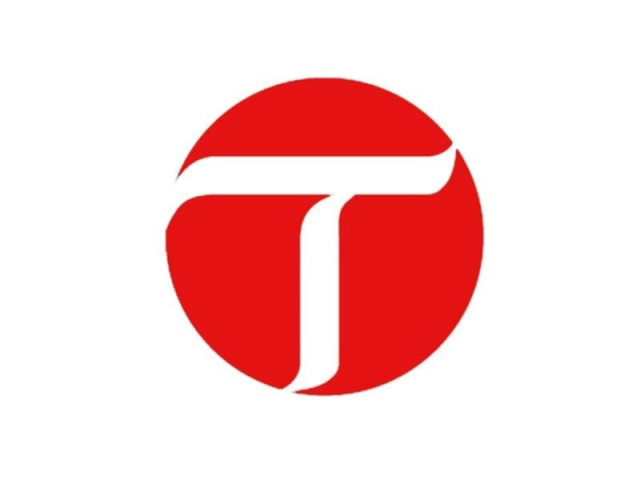
Established in 1959, the Jinnah Postgraduate Medical Centre (JPMC) is all set to be separated from the Sindh Health Department and turned into an autonomous institution. Employees allege that preparations are underway to hand over the province's largest teaching hospital to an NGO under the guise of a public-private partnership.
The Executive Director of the hospital, Dr Shahid Rasool confirmed that a legal draft for this transition had already been prepared and will be presented before the Sindh Assembly for approval. The hospital is currently under severe financial stress, with debts exceeding Rs700 million.
Originally managed by the federal government, JPMC was handed over to the Sindh Government in 2011 after the passage of the 18th Amendment. However, due to employee contestation, JPMC remained under federal jurisdiction. In August 2023, the federal government signed an agreement with the Sindh Government, handing over JPMC for 25 years.
Employees argue that the government cannot now transfer JPMC to an NGO since no such clause existed in the agreement. However, it has come to light that the hospital will be run under a Board of Governors, effectively removing its direct link with the provincial health department and granting it autonomous status.
Sources claim this transition will occur within the next few months, and work towards this goal has already begun. It has also been revealed that such moves are part of a long-term plan to privatize the hospital, pointing out that the administration has deliberately kept over 1,200 posts vacant while 571 permanent posts were removed from the budget.
Several departments lack heads of department while essential services like plastic surgery and thoracic surgery have been shut down. The hospital's residential colony spans 21 acres but much of this land is illegally occupied, with the occupants using utilities at the hospital's expense. Monthly electricity bills range from Rs80 to Rs100 million and gas bills range from Rs20 to Rs30 million.
The hospital sees more than 5,000 outpatient visits daily and handles around 1,800 to 2,000 emergency cases each day. Despite this, its departments are critically understaffed. Currently, JPMC has over 2,000 beds, but only 800 staff members. Even though the hospital pays nearly Rs8 million annually for security, theft and other security issues are common. Moreover, the hospital's two medical waste incinerators have long been out of order.
The Sindh Government has a track record of handing over other public hospitals to NGOs under public-private partnerships. One example is the Sindh Government Children's Hospital at Nagan Chowrangi, which was handed over to an NGO in 2016 for 10 years. Despite increasing its annual budget, the hospital saw little improvement.
Similarly, 1,125 basic health units from Thatta to Kashmore, the civil hospitals of Sujawal and Badin, and the Ibrahim Hyderi Hospital in Karachi have also been transferred to NGOs, with NICVD and the Karachi Institute of Heart Diseases (KIHD), now requiring patients to pay for their treatment. Experts fear JPMC will follow the same model after becoming autonomous, charging patients privately in the evening and eroding its original public-service mandate.
"The hospital will receive direct one-line funding from the Sindh Government, bypassing the provincial health department. A committee has been formed by the Chief Minister to oversee the process, but no meetings have taken place yet. The hospital owes over Rs600 million to various vendors and service providers," stated Dr Rasool.
Meanwhile, employees have expressed strong reservations over this move. Many have waited over a decade for promotions, with some retiring without ever being promoted. Additionally, with hundreds of biomedical devices non-functional, solar systems inefficient and many departments closed or nearly inactive, patients are forced to wait for both medicines and surgeries.

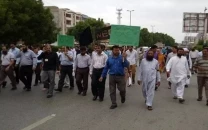

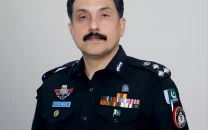



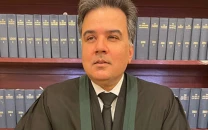




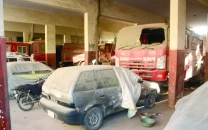












COMMENTS
Comments are moderated and generally will be posted if they are on-topic and not abusive.
For more information, please see our Comments FAQ